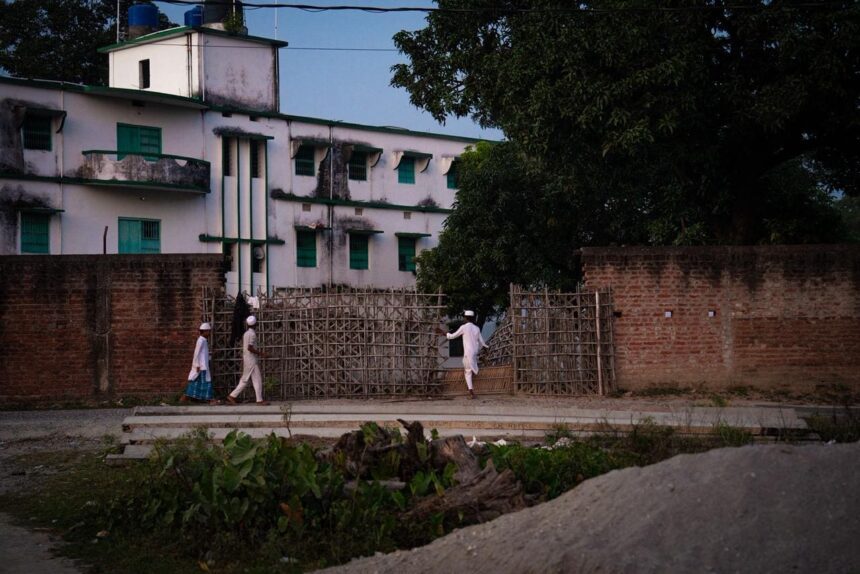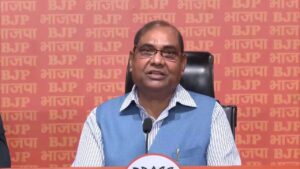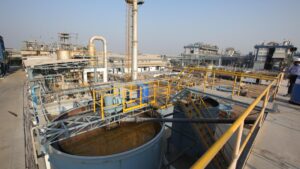As Bihar approaches its upcoming elections, the Seemanchal region, primarily Muslim and historically overlooked, expresses increasing frustration over years of governmental indifference. The region, which includes the districts of Kishanganj, Purnea, Araria, and Katihar, has been described as the “backward region of a backward state,” indicating its acute underdevelopment.
Bihar, home to approximately 17 million Muslims, accounts for nearly 17% of its total population of 104 million, based on the last census conducted in 2011. A significant 28.3% of Bihar’s Muslim population resides in Seemanchal, highlighting the area’s demographic significance.
Residents in this predominantly Muslim region face severe socio-economic challenges, including widespread poverty, high unemployment rates, substandard education, and inadequate healthcare. Many express a desire for governance that can break the cycles of economic dependency linked to weather patterns and migration.
Speaking with Maktoob, local resident Shamsher Alam lamented, “There are no jobs here, prices are high, and even the roads are in bad condition.” He attributed the stagnation in Kishanganj to a lack of government funding, suggesting that its Muslim majority contributes to the area’s neglect.
Alam mentioned that if the Aligarh Muslim University (AMU) campus in Kishanganj had been fully operational, it could have provided valuable opportunities for local youth. Despite being inaugurated in 2014, the campus currently operates from temporary facilities and offers only one program, reflecting ongoing neglect concerning minority education in the region.
Maulana Sohail Nadvi criticized the unfulfilled educational ambitions, stating, “It’s an irony; there was such a big dream for higher education here, but it remained just that.” He emphasized that while other AMU centers operate effectively, Kishanganj remains limited.
Furthermore, Nadvi pointed out the socio-economic landscape, noting the scarcity of Muslim entrepreneurs and alleging that attempts to advance are often thwarted by political bias. “What people of Kishanganj need, like people everywhere else, are food, clothing, and shelter, along with education, jobs, and healthcare,” he asserted.
Addressing the issue of migration, Nadvi remarked, “No one leaves Bihar willingly; there’s always compulsion,” attributing it to a lack of local opportunities. He added that those who move away rarely return due to unfavorable conditions.
Another resident, Rahmat Alam, emphasized the urgent need for employment, stating, “Even those who are educated remain unemployed.” He questioned why viable employment opportunities could not be created locally, arguing for a focus on developing industries to alleviate the severe unemployment crisis.
Alam also highlighted the inadequate medical facilities, contrasting them with better healthcare access in Siliguri. He expressed dismay over the lack of attention from political leaders, lamenting, “Every time these leaders think only about elections… while people here suffer.”
Additionally, Javed Alam identified corruption as a fundamental issue, claiming, “In any office you go to, nothing moves without money.”
Eighty-one-year-old Mohammed Jabbar, who has seen 17 Bihar Assembly elections, reminisced about the unity that once characterized the region, suggesting that the current political landscape has contributed to community divisions.
In contrast, Shyam Gupta critiqued the 2016 statewide liquor ban, stating that it has led to adverse outcomes, including the proliferation of a dangerous black market for illicit liquor. Gupta argued that the ban disproportionately affects the poor, many of whom are imprisoned for minor offenses.
While some residents express optimism about the potential impact of the Mahagathbandhan (Grand Alliance), others, like Askar Ali and Mohammed Zazir, emphasized ongoing poverty and basic infrastructure issues, asserting that leaders change but tangible improvements remain elusive.
Parwez Ashraf, previously supportive of Chief Minister Nitish Kumar, criticized the current administration’s response regarding the AMU campus, attributing local grievances to inadequate central government funding and the politicization of community tensions.
As Bihar prepares for elections on November 6 and 11, the residents of Seemanchal hope that their long-standing concerns will be addressed in the political dialogue. For decades, they have faced unfulfilled promises regarding development, education, and employment, and there is a renewed expectation that this time their voices will be heard.
Tags: As Bihar heads to poll, Seemanchal voices anger over years of neglect, broken promises Extract 5 SEO-friendly keywords as tags. Output only keywords, comma separated.
Hashtags: #Bihar #heads #poll #Seemanchal #voices #anger #years #neglect #broken #promises










